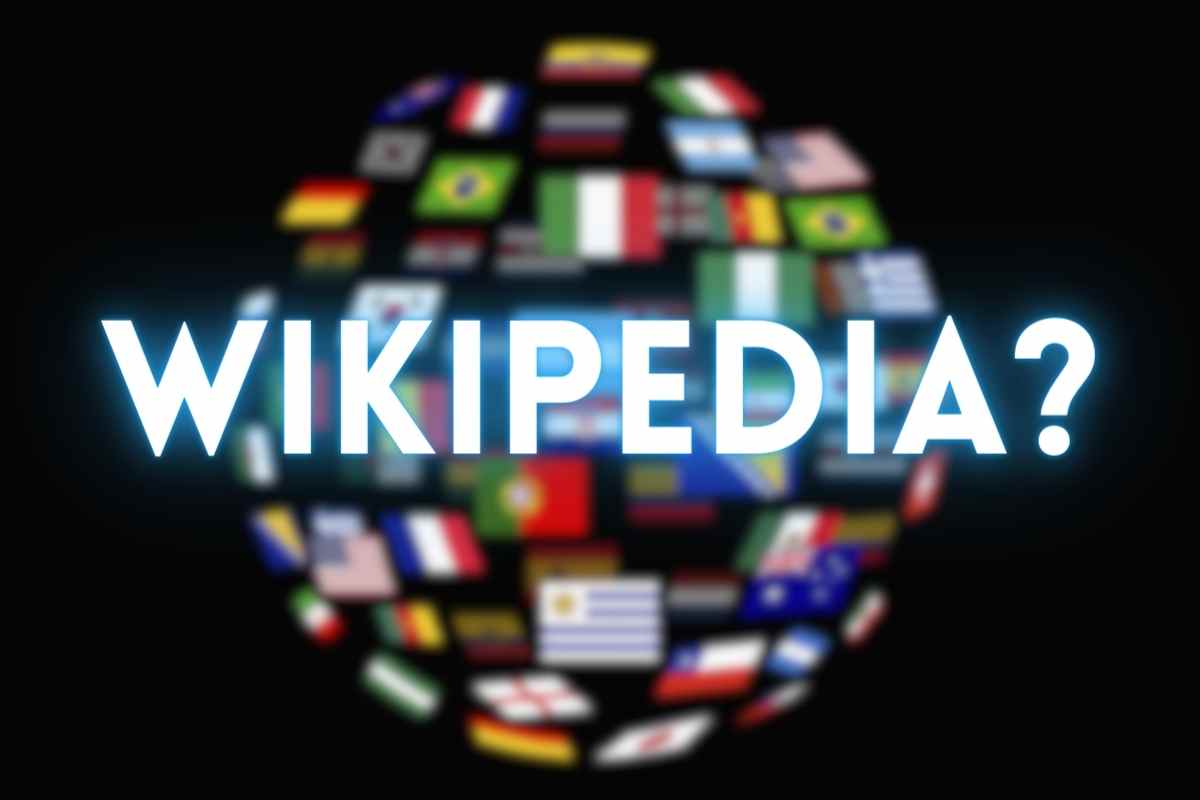Wikipedia, the online encyclopedia that we all know and love, has come a long way since its humble beginnings. What started as a small-scale project has transformed into a global phenomenon, revolutionizing the way we access and share knowledge. In this article, we delve into the fascinating evolution of Wikipedia and uncover the key milestones that have shaped its remarkable journey.
The Birth of a Vision
It all began in 2001 when Jimmy Wales and Larry Sanger launched Wikipedia as a collaborative effort to create a free and open encyclopedia for everyone. With a vision to harness the collective wisdom of the crowd, they set out to challenge the traditional model of knowledge dissemination.
Early Challenges and Breakthroughs
In its early years, Wikipedia faced skepticism and encountered numerous challenges. Critics raised concerns about the accuracy and reliability of information contributed by anonymous users. However, the project persevered, continually refining its policies and developing a robust community-driven framework to ensure quality control.
The Power of Crowdsourcing
One of the defining aspects of Wikipedia’s success is its unique approach to content creation. Leveraging the power of crowdsourcing, Wikipedia harnesses the collective knowledge and expertise of volunteers from around the world. This decentralized model enables rapid updates and a breadth of topics, making it a go-to source for information on virtually any subject.
Expanding Reach and Multilingualism
As Wikipedia gained traction, it expanded its reach beyond the English language. Today, it boasts versions in more than 300 languages, catering to a diverse global audience. The availability of information in multiple languages has played a crucial role in democratizing knowledge and bridging linguistic barriers.
Impact on Society and Education
Wikipedia’s influence extends far beyond being a mere online encyclopedia. It has become an integral part of our daily lives, shaping how we learn, research, and engage with information. Its impact on education is particularly notable, with students and educators alike utilizing it as a valuable resource for academic purposes.
Looking Ahead: Challenges and Opportunities
While Wikipedia has undoubtedly achieved immense success, it continues to face challenges in maintaining accuracy, combatting vandalism, and ensuring inclusivity. Furthermore, the rise of misinformation and fake news presents a unique set of challenges that Wikipedia strives to address.
Despite these challenges, Wikipedia remains a testament to the power of collaboration and the democratization of knowledge. It has forever changed the way we access information and serves as a shining example of what can be achieved when people come together to share their knowledge and expertise.
In a world where information is just a click away, Wikipedia stands as a virtual treasure trove of knowledge, accessible to all who seek it. Its journey from a niche project to a global knowledge hub is a remarkable testament to the potential of the internet and the collective wisdom of humanity.

